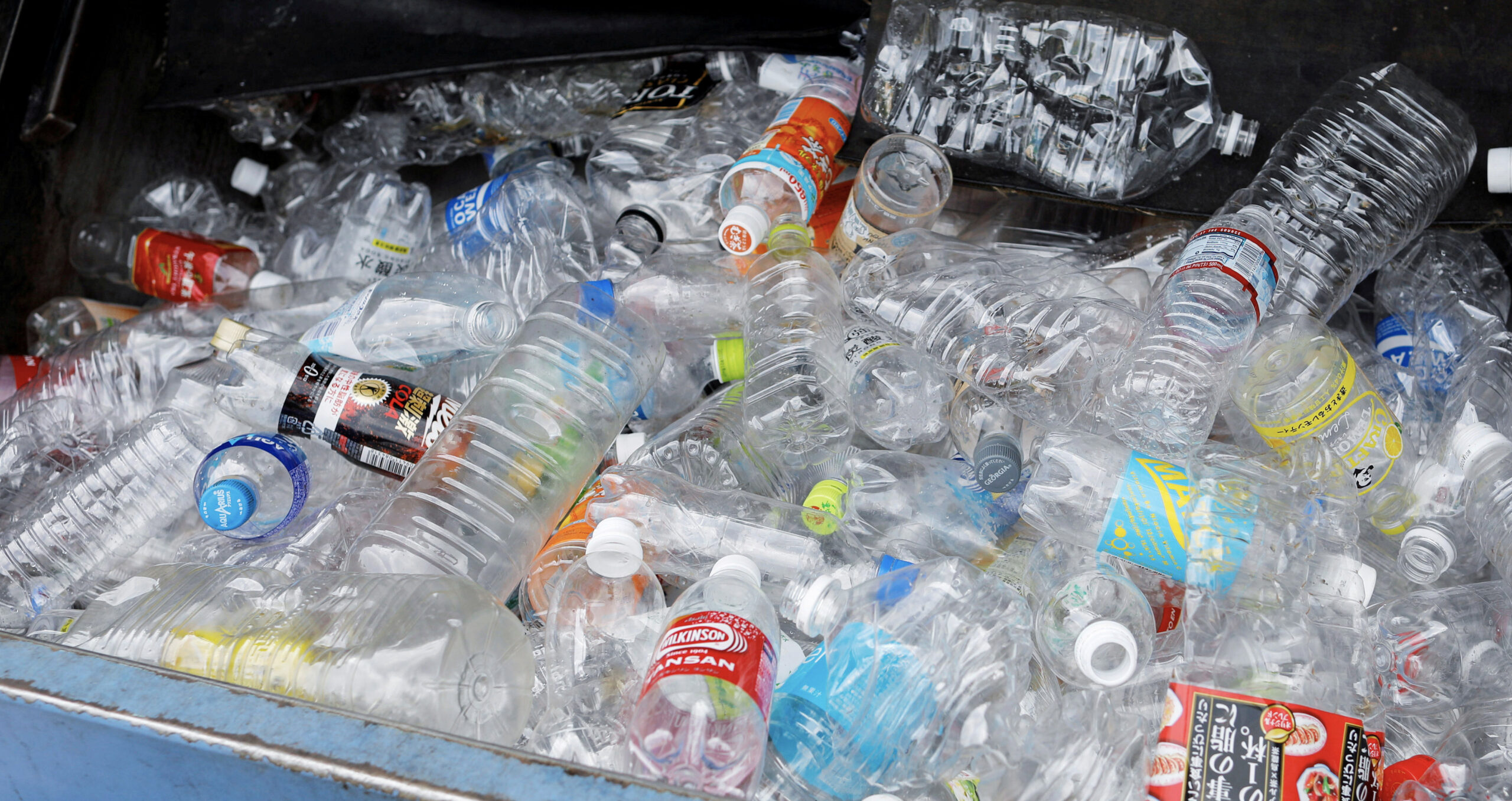
Unilever, Johnson & Johnson and others disclose plastics data ahead of UN treaty talks

Backers of the Global Plastics Treaty say current negotiations are a ‘once-in-a-generation’ chance to tackle plastic pollution globally through legally binding rules
Global conglomerates Unilever and Johnson & Johnson are among the more than 3,000 companies that have disclosed plastic-related data for the first time, CDP, the initiative formerly known as the Carbon Disclosure Project, has revealed, as talks kick off in Nairobi, Kenya, to advance negotiations towards an international treaty on plastic pollution.
UN members are meeting at the headquarters of the UN Environment Programme this week for the third of five planned rounds of negotiations on a Global Plastics Treaty, which environmental campaigners believe can be as, if not more, significant than the Paris Agreement.
“The international legally binding treaty currently being negotiated is a once-in-a-generation opportunity to implement legally binding rules, measures and incentives to level the playing field and tackle plastic pollution,” Carsten Wachholz, global plastics treaty co-lead at non-profit the Ellen MacArthur Foundation, told Sustainable Views.
Not only is plastic pollution linked to a range of environmental and human health problems, if growth in single-use plastic production continues, it could account for up to 10 per cent of the world’s greenhouse gas emissions by 2050, CDP said.
Most problematic plastics
Among the 3,162 global companies that have disclosed information on plastics are listed companies with more than $31tn in market capitalisation, CDP said in a statement.
The initiative asked companies from a variety of sectors, including electronics, food and beverage processing, chemicals and mining, to report on the production, use and disposal of the most problematic plastics in terms of pollution, namely plastic polymers, durable plastics and plastic packaging, across their value chains.
“It is promising to see mandatory corporate plastics disclosure on the negotiating table for the Global Plastics Treaty,” Pietro Bertazzi, global director for policy engagement and external affairs at CDP, said in a statement. “Mandatory disclosure can prevent loopholes and ensure policymakers have access to the insight they need to develop impactful, evidence-based policies that drive private sector action.”
Mandatory disclosure “also creates a level playing field for companies in today’s highly competitive business environment, enabling them to understand their impacts in terms of plastic pollution, the risks they face, the opportunities available to them, and where to take action”, Bertazzi said.
Forty-eight financial institutions with more than $3.5tn in assets under management have signed an open letter to governments calling for the inclusion of mandatory corporate disclosure in the Global Plastics Treaty.
“There is value in understanding the risks and opportunities associated with companies’ plastic footprints,” Adam Black, head of ESG and sustainability at Coller Capital, one of the signatories of the letter, said in a statement. “We believe that plastic-related disclosure will enhance investment decision-making and make for more informed post-investment engagement”
CDP said it is working in partnership with non-profits including the Ellen MacArthur Foundation, the Pew Charitable Trusts, the Minderoo Foundation and the World Wide Fund for Nature to put plastics disclosure on a par with climate disclosure.
Similar Articles


Could due diligence legislation end the fashion industry’s ‘pervasive lack of transparency’?


